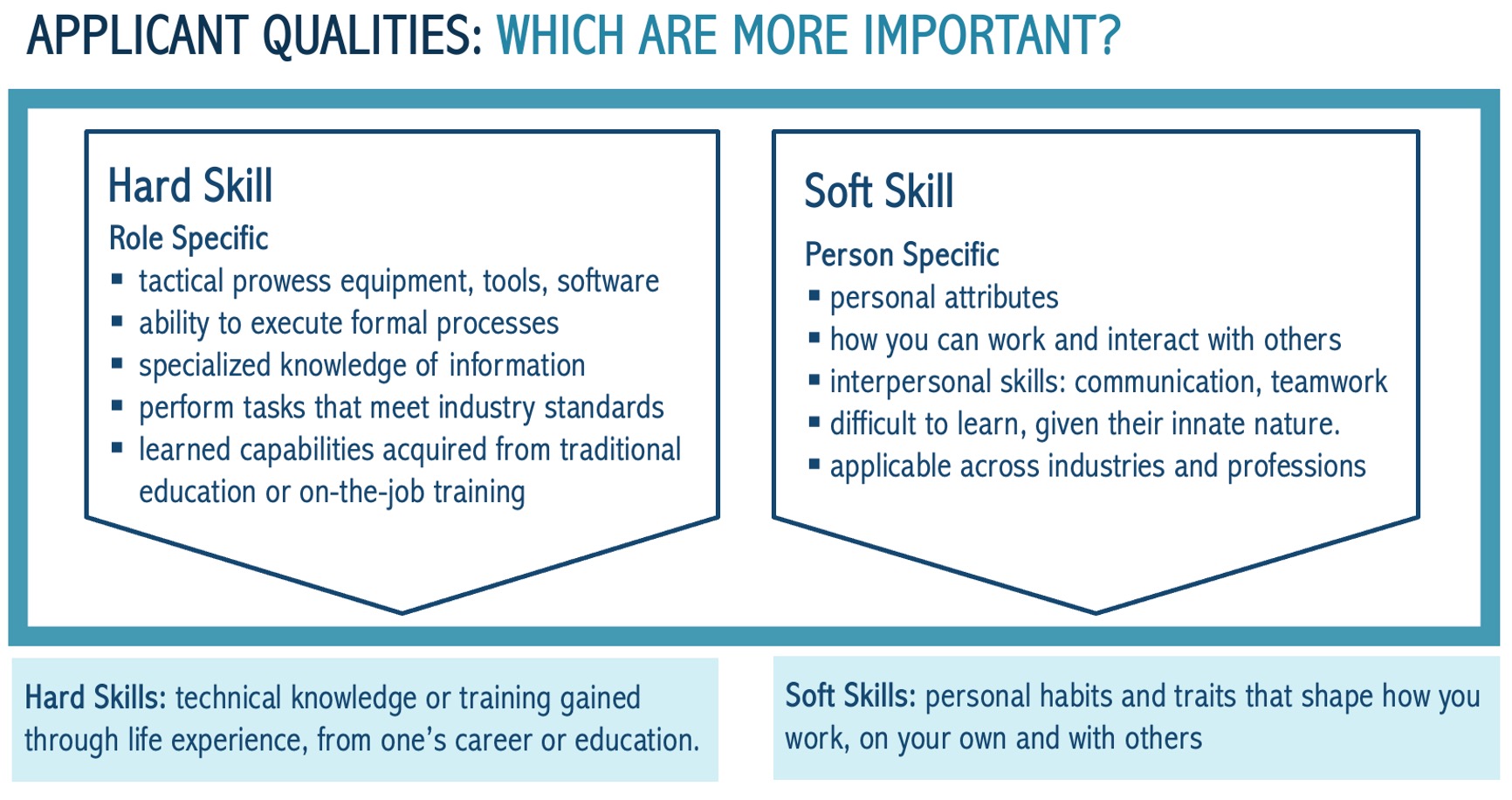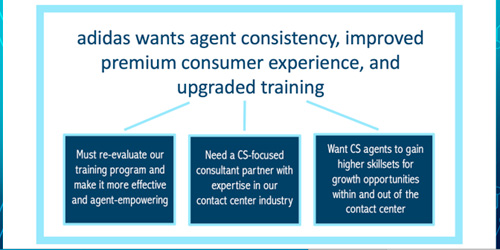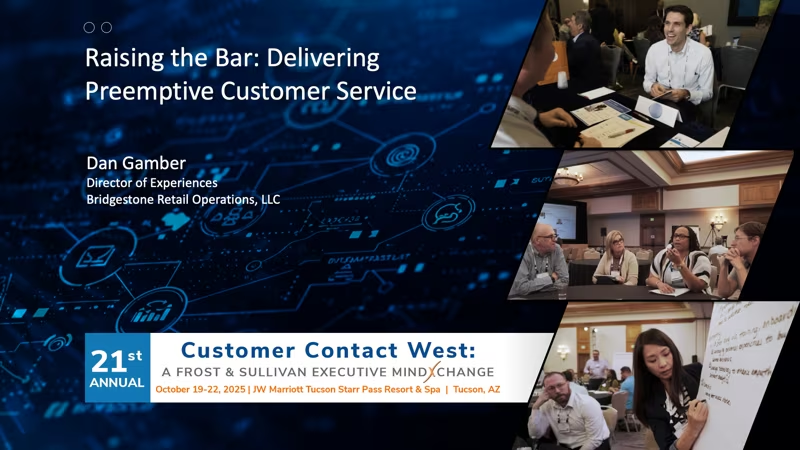Participants at the 19th Annual Customer Contact West: A Frost & Sullivan Executive MindXchange held in Huntington Beach, California, left with a wealth of ideas and strategies to address current and emerging industry challenges. As a case in point, in her Executive Insight presentation, Kiana Phi of adidas examined how AI and other related technologies will affect the role of future customer service agents. She discussed the hard and soft skills agents will need to possess or acquire to succeed. These agents of the future will help shape the contact centers of the future and affect their success too.
Here are some key insights and takeaways from her session:
Kiana Phi broke her “agents of the future” discussion into four categories:
- New Roles
- Competencies
- Expectations
- Opportunities
As she noted, it’s important to understand that increased consumer-ship has evolved customer engagement towards more artificial intelligence and less human interactions. To address these changes, and to offer premium, omni-channel customer service, companies will need to hire and retain agents who can provide genuine, human interactions.

Agent and applicant qualities break down into soft skills and hard skills. Soft skills include interpersonal skills like communication capabilities and teamwork; how you work and interact with others. These skills are more innate and harder to teach. Hard skills include tactical prowess, technical knowledge, and learned skills derived from training. It’s important to consider whether your company lists explicit hard and soft skills in their job posts. Not all organizations do, so it may be worthwhile to revisit recruitment posts to see if there’s a balance between the two types of skills sought and to determine whether your descriptions need refinement.
With the use of AI becoming prevalent, it’s more important than ever that agents possess key soft skills. Your company may need to provide training for soft skills as much as hard skills.

Recruitment: Transparent Hiring
- Ask whether the hard or soft skills of applicants are more important for a specific role
- Ensure you explicitly list required hard and soft skills in job posts for your customer service reps
- Your job posts should reflect the skills and behaviors that your company values most
- Candidates who meet soft skill requirements should expect the same of their leaders
- Missing hard skills can be growth opportunities facilitated by internal training
Ramping Up: Training Soft Skills
- The rise of AI and automation can lead to an overreliance on technology; it shouldn’t replace the human element of the customer experience
- Technologies often need to be balanced by soft skills; consider ongoing training of soft skills. Does your company have these training resources for new hires?
- Consider using a business management solution to tailor soft skill training (like empathy training, for example) and provide ongoing development
- Encourage big-picture thinking and include leaders in the process
Retention: Effective Agent Tools
- Look for continuous improvement opportunities to upskill and retain talent in the contact center
- Consider investing in a customer service-centric partner
- Evaluate challenges and opportunities for soft skill training in your curriculum
- Determine whether your training program offers career development opportunities for employees
- Share the impact of effective engagement training with leaders
Using these strategies and tools to train the next generation of agents will help ensure more satisfied agents, happier customers and more successful outcomes.
Kiana has over 25 years of experience leading consumer brand loyalty across diverse industries and organizations including Netflix, Quest Nutrition and adidas. Digitally transforming customer support with genuine engagement is her Why, and she passionately believes that a company’s key to success is the frontline agent.



